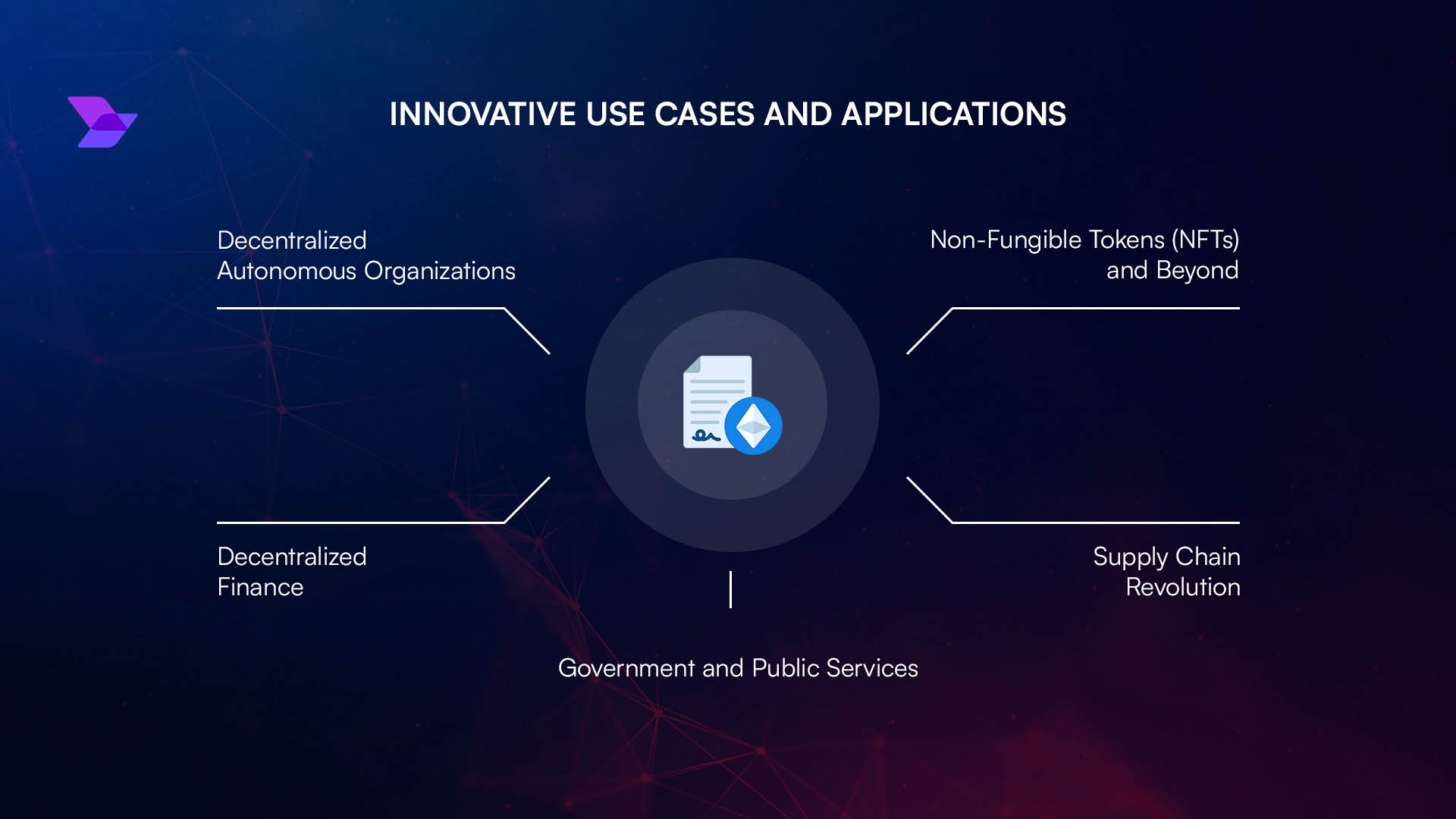
Decentralized Autonomous Organizations (DAOs) have become the backbone of Web3 governance, but their reliance on public blockchains has exposed a persistent flaw: the lack of confidentiality. Every proposal, vote, and financial action is visible to all participants and outside observers. This transparency, while foundational for trustlessness, can undermine sensitive decision-making and expose DAOs to manipulation or external pressure. Enter fully homomorphic encryption (FHE), a cryptographic breakthrough that is rapidly transforming how DAOs protect their members’ privacy and strategic intentions.

Why Confidential DAO Governance Matters
Traditional DAO governance mechanisms are inherently public. While this fosters accountability, it also creates vulnerabilities:
- Voter intimidation and coercion: When individual votes are traceable on-chain, members may face undue influence or retaliation.
- Front-running and strategic leaks: Early knowledge of sensitive proposals enables adversaries to act before the DAO can respond collectively.
- Loss of competitive edge: Confidential initiatives or treasury actions lose value when they’re broadcasted to competitors.
The market is now demanding solutions that combine blockchain’s verifiability with genuine privacy. FHE-based smart contracts deliver just this: they allow encrypted data to be processed without ever exposing its contents, ensuring that only authorized parties learn the outcome of governance actions.
The Mechanics of FHE Smart Contracts for DAOs
Fully homomorphic encryption enables computations on encrypted data as if it were unencrypted. In practice, this means:
- Private DAO voting on blockchain: Members cast encrypted ballots; the contract tallies votes without revealing individual choices or identities. Only aggregate results are disclosed.
- Encrypted DAO proposals: Sensitive proposals can be submitted and debated in a way that keeps details hidden from non-authorized users until decisions are finalized.
- Confidential financial operations: Treasury allocations and payments can be executed on encrypted amounts, preserving both privacy and auditability for those with proper access rights.
This leap in capability has been made possible by efforts such as Zama’s fhEVM, which brings FHE support to Solidity smart contracts. Developers can now build end-to-end confidential workflows atop Ethereum-compatible chains, a major milestone for private organizational management in Web3 ecosystems. For a deep dive into architectures blending FHE with other privacy technologies like Trusted Execution Environments (TEEs), see our resource on Confidential DAO architectures.
Real-World Implementations: Zama’s fhEVM and Fhenix Rollups
The theory behind FHE is compelling, but how does it work in practice? Two projects stand at the forefront:
- Zama’s fhEVM: By integrating FHE directly into the Ethereum Virtual Machine (EVM), developers can write confidential smart contracts using familiar tools like Solidity. This means seamless upgrades for existing DAOs seeking privacy without migrating away from established infrastructure.
- Fhenix’s FHE Rollups: Scaling remains a challenge for complex cryptography on-chain. Fhenix addresses this by running confidential computations off-chain in rollups, bundling many encrypted transactions before submitting proofs back to Ethereum mainnet. This approach balances privacy with scalability and lower gas costs.
Together, these innovations unlock new confidentiality use cases throughout the blockchain space, from private auctions to sensitive reputation management, without compromising decentralization or auditability.
Navigating Challenges: Performance and Key Management
No technology is without tradeoffs. Today’s FHE implementations carry higher computational overhead than standard cryptography; vote tallies or proposal evaluations may take longer and consume more gas than their transparent counterparts. However, performance is improving rapidly as libraries mature and hardware acceleration becomes standard.
A further consideration is key management. Effective schemes often employ threshold encryption, splitting decryption authority among multiple trusted parties, to minimize risk from compromised keys while maintaining resilience against collusion or downtime. For best practices on secure key distribution within DAOs using homomorphic encryption, see our article on FHE-enabled private governance compliance.
As confidential DAO governance matures, the interplay between privacy and transparency becomes a defining feature for organizations seeking to operate securely in the public blockchain arena. FHE smart contracts provide a crucial bridge, enabling DAOs to maintain sensitive deliberations while still benefiting from the trustless execution and auditability that define decentralized systems.
Unlocking New Use Cases for Confidential DAOs
The flexibility of FHE-based smart contracts is already spawning innovative governance models. For instance, DAOs can now conduct private reputation scoring, where member contributions are evaluated confidentially, reducing bias and manipulation risks. Treasury committees can allocate resources or make strategic investments without tipping off competitors or malicious actors. Even sensitive HR decisions, such as salary adjustments or disciplinary actions, can be processed on-chain without exposing personal details.
These advances are not limited to theoretical frameworks; projects like Inco are building confidentiality layers that empower developers to create smart contracts with private state, unlocking over 30 confidentiality use cases across DeFi, gaming, and enterprise applications. By leveraging homomorphic encryption in Web3 contexts, DAOs gain the flexibility to customize their privacy posture according to their unique risk profiles and regulatory requirements.
The Road Ahead: Adoption, Compliance, and Best Practices
Adoption of FHE smart contracts for DAOs will depend on continued improvements in performance and usability. As cryptographic libraries become more efficient and developer tooling matures, expect more DAOs to migrate toward confidential governance models. Regulatory clarity will also play a role: jurisdictions like Wyoming are beginning to recognize the value of immutable yet private smart contracts for compliant DAO operations.
For teams considering this transition, several best practices have emerged:
- Pilot confidential voting on low-stakes proposals before expanding to treasury or personnel decisions.
- Implement robust key management, ideally using threshold schemes with independent trustees.
- Audit all cryptographic implementations, ensuring no data leaks occur at any stage of computation or storage.
- Educate members about new workflows, so they understand how their privacy is protected, and what tradeoffs may exist regarding transaction speed or gas costs.
If you’re interested in technical deep dives or want guidance on designing your own confidential voting system, explore our comprehensive guides such as how FHE enables confidential voting in DAOs.
Why Confidential Governance Is Becoming Standard for Web3 Organizations
The era of fully transparent blockchain governance is giving way to a more nuanced model, one where privacy is not an afterthought but a foundational pillar. By adopting homomorphic encryption in Web3 governance, DAOs can foster candid participation, protect competitive strategies, and comply with emerging regulatory frameworks without sacrificing decentralization.
The future of decentralized organizations will be shaped by those who master both transparency and confidentiality. With FHE-based smart contracts now viable for real-world deployment, DAOs have the tools they need to govern boldly, and privately, in an increasingly complex digital landscape.






